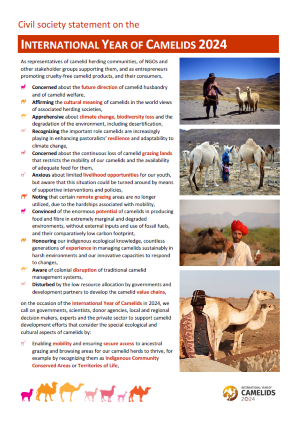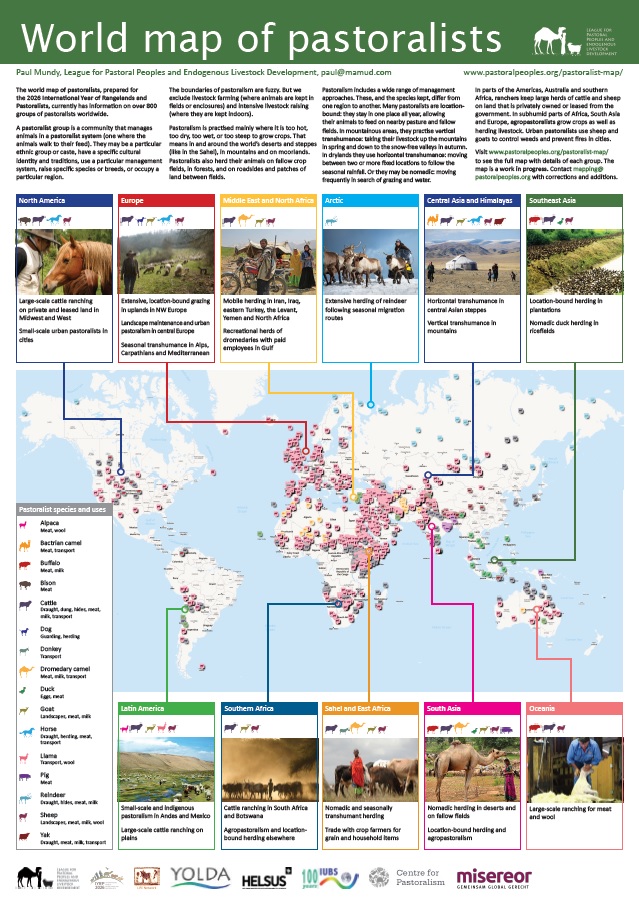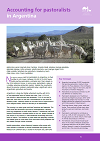Civil society statement on the International Year of Camelids 2024
On the occasion of the International Year of Camelids in 2024, this civil society statement calls on governments, scientists, donor agencies, local and regional decision makers, experts and the private sector to support camelid development efforts that consider the special ecological and cultural aspects of camelids by:
- Enabling mobility and ensuring secure access to ancestral grazing and browsing areas for our camelid herds to thrive, for example by recognizing them as Indigenous Community Conserved Areas or Territories of Life,
- Investing in decentralized infrastructure, such as networks of mini-diaries and local processing facilities to link camelid herders in remote areas to value chains, while also respecting and supporting our traditional ways of processing,
- Fostering camelid-herding community organizations and their agency,
- Respecting and building on our traditional knowledge and related local innovations,
- Strengthening provision of camelid healthcare, including research into emerging diseases,
- Supporting investment on people-centred and -controlled camelid research and development,
- Recognizing camels as co-creatures and establishing camelid welfare standards into policy and practice worldwide,
- Carving out an alternative, cruelty-free development trajectory for camelid herding that conforms to the worldview of traditional camelid communities and avoids industrialization.

Download document


